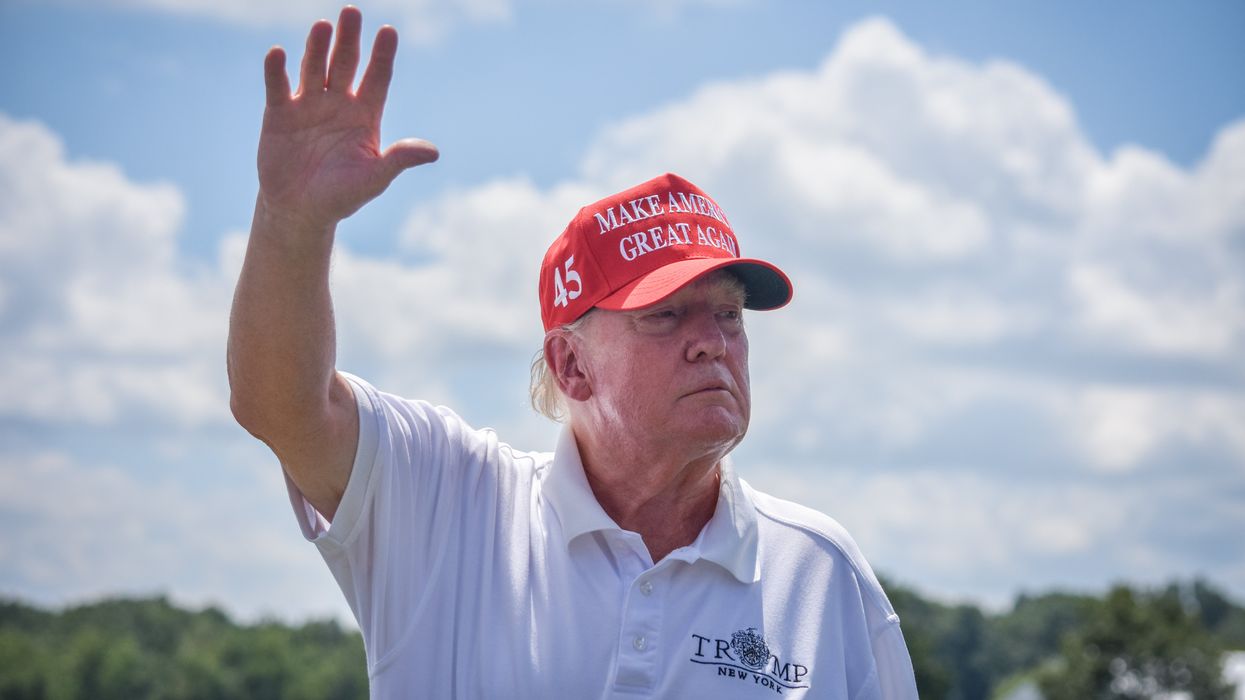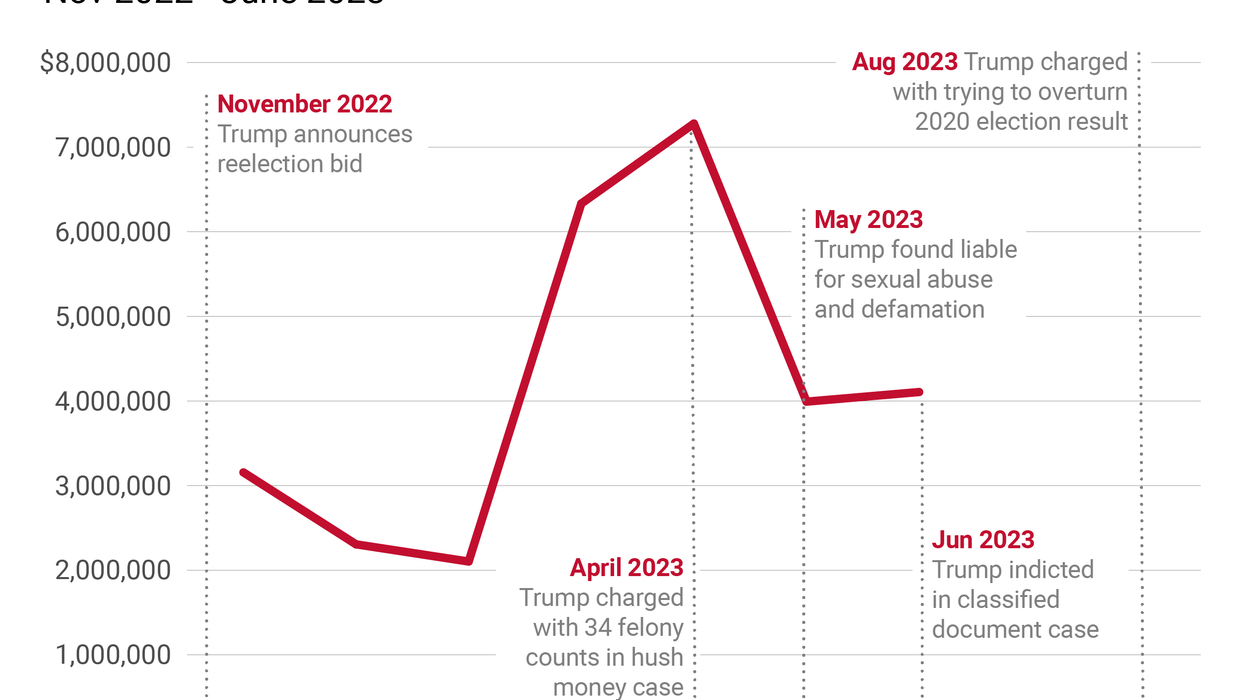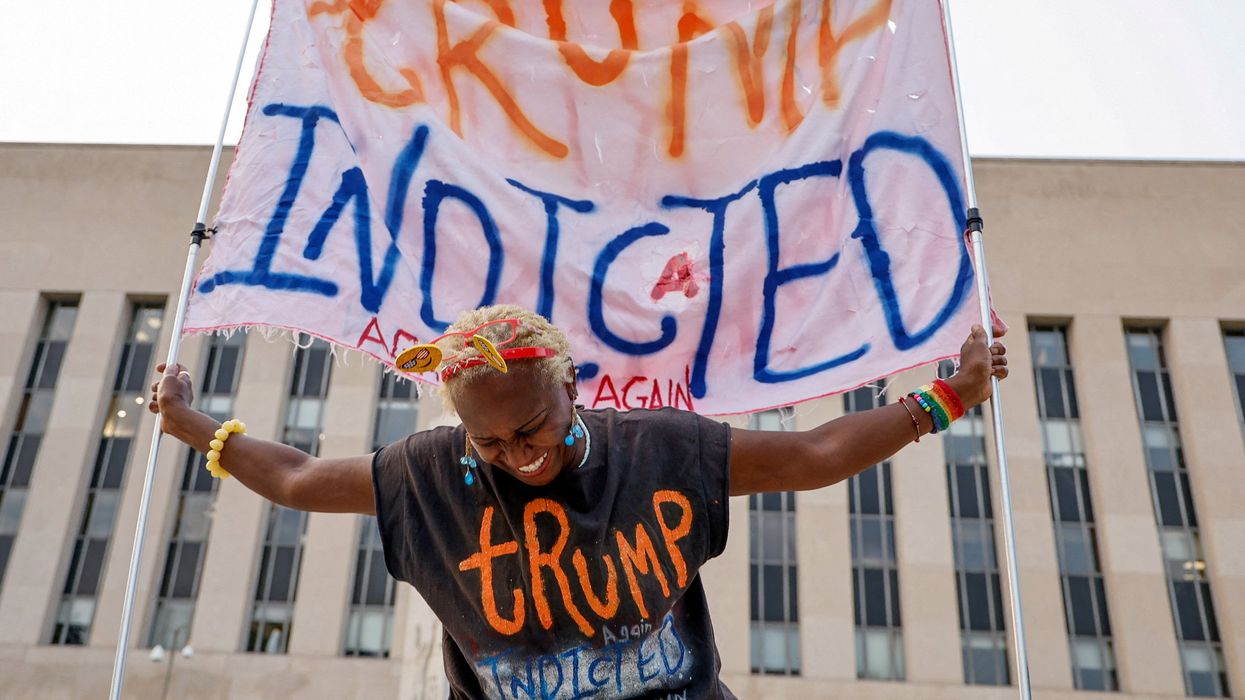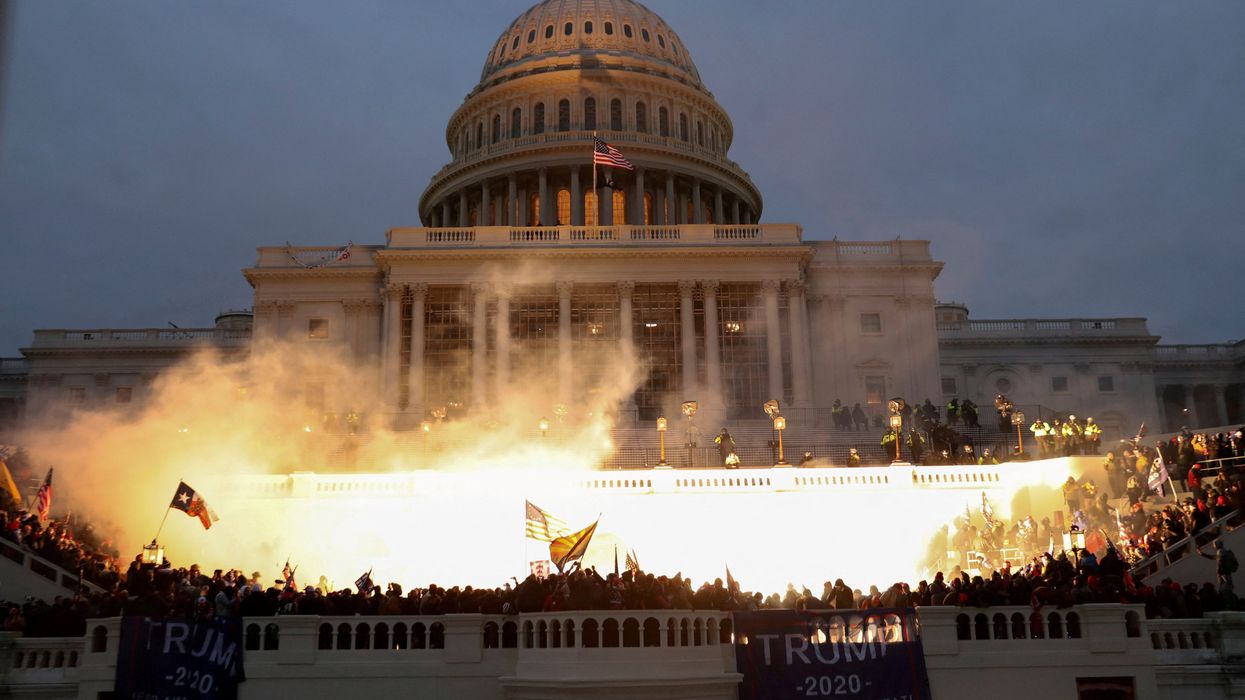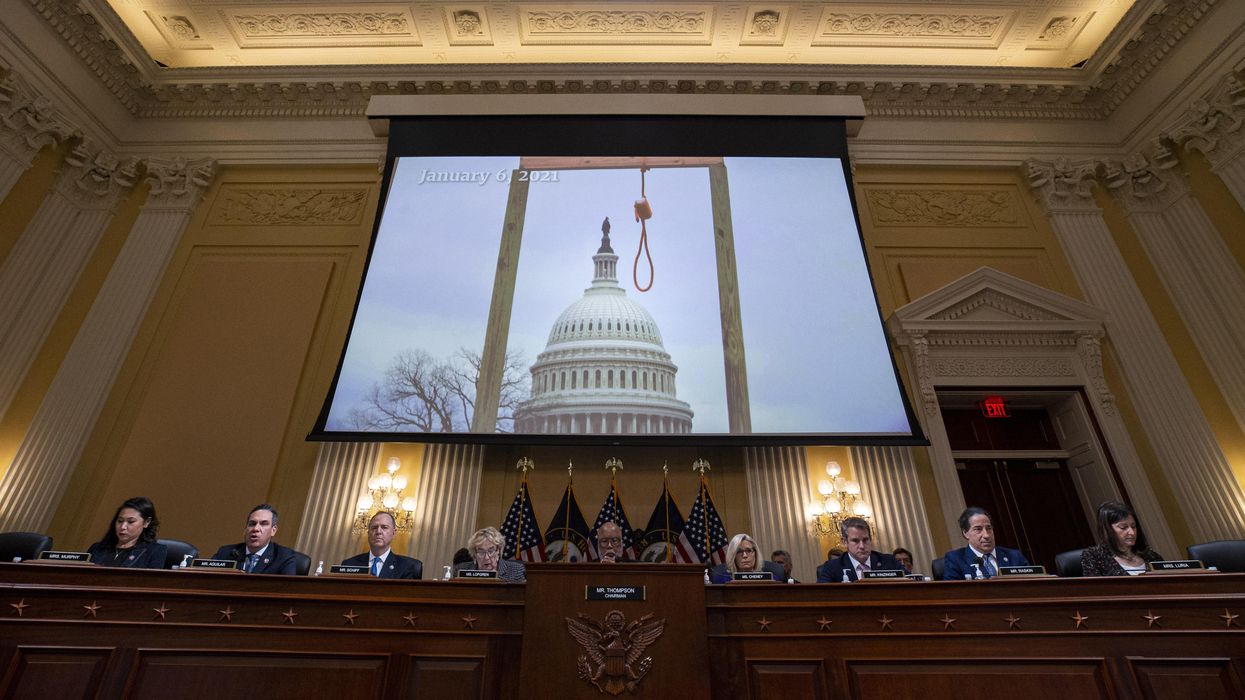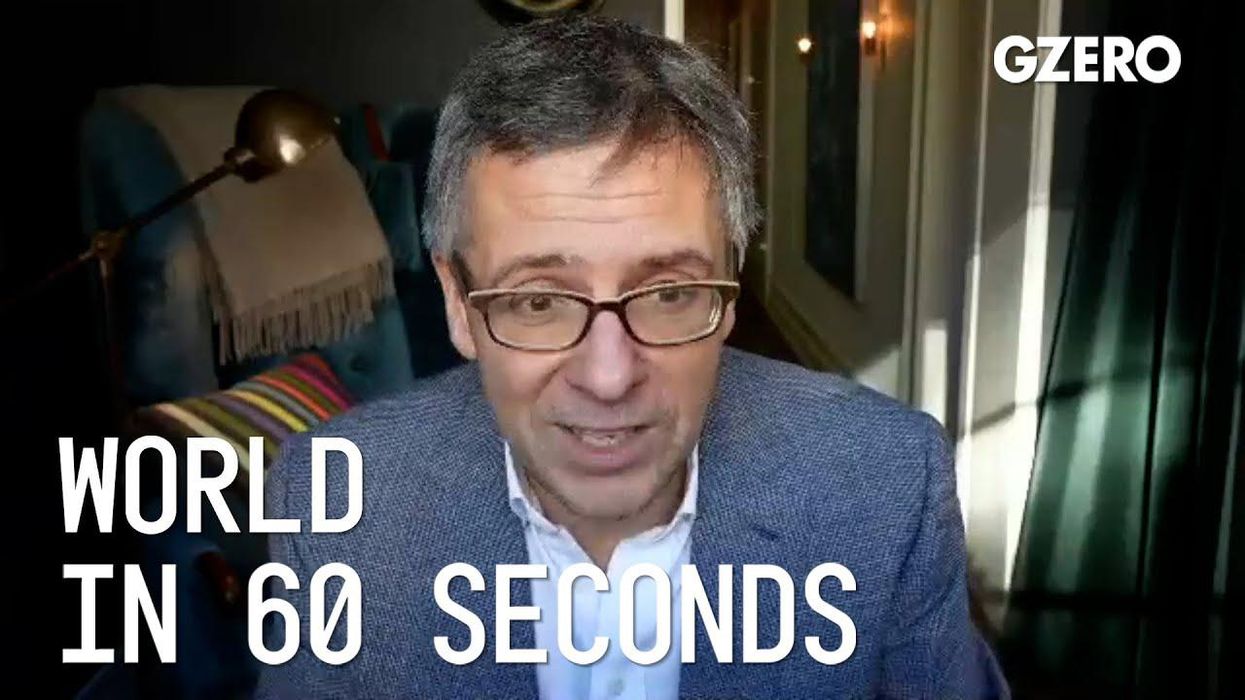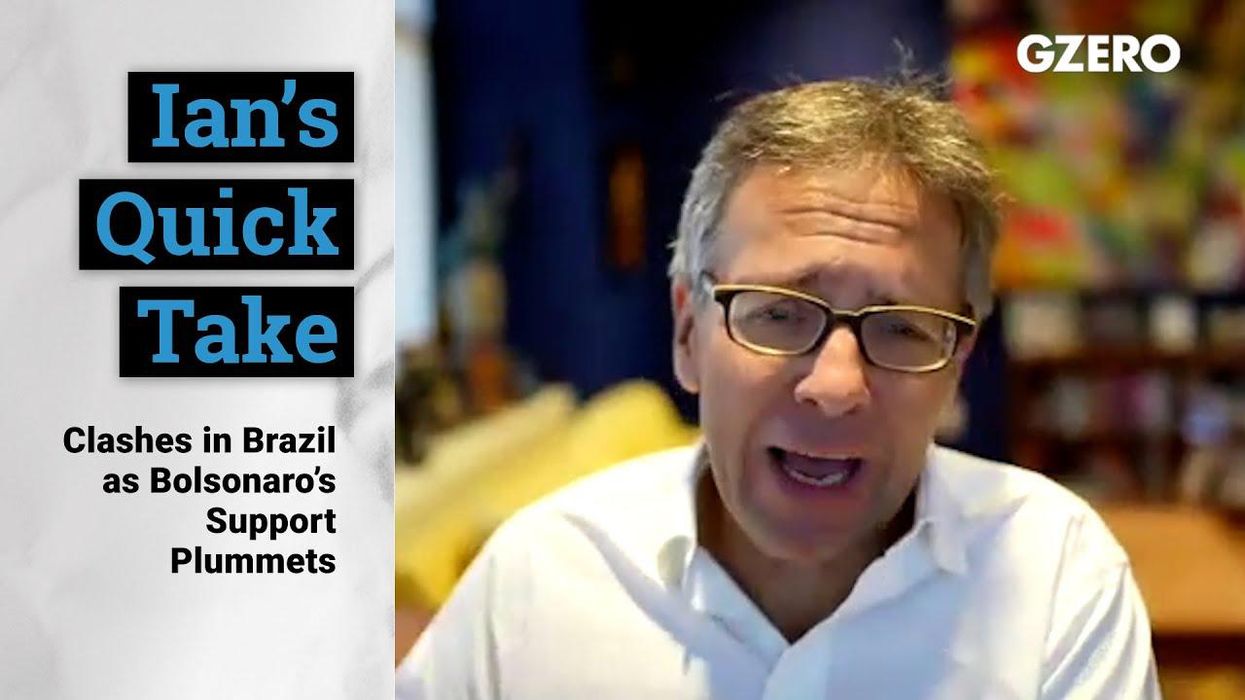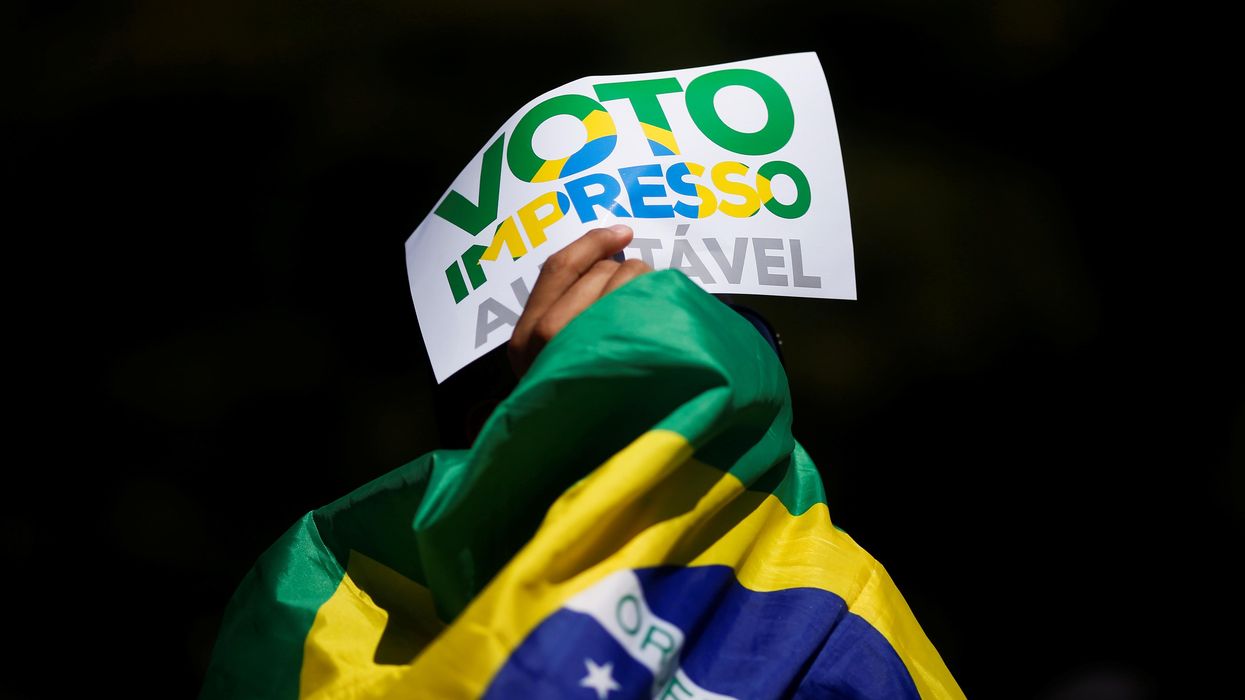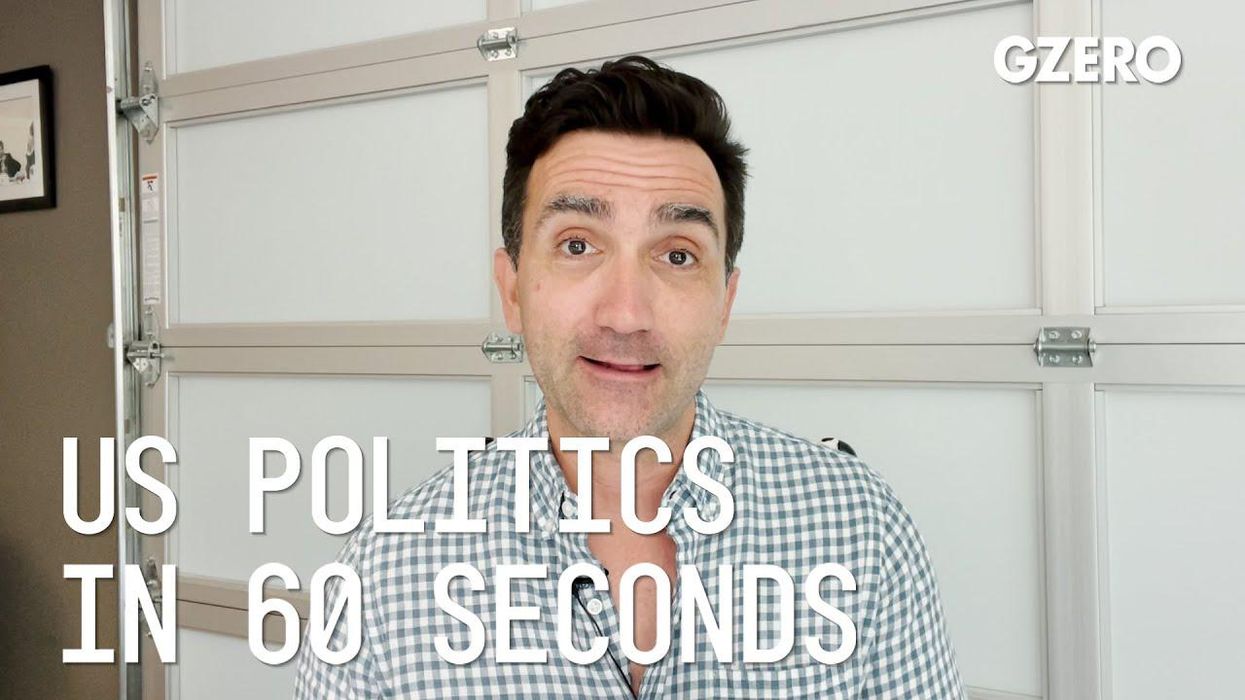popular
Georgia poses new dangers for Trump
Late Monday night, Donald Trump and 18 other people were indicted by a grand jury in Atlanta for conspiring to overturn the results of the 2020 election in the state of Georgia. Trump will face 13 felony charges. Is this case different? Might this one put Trump in real legal and political jeopardy?
Aug 15, 2023
